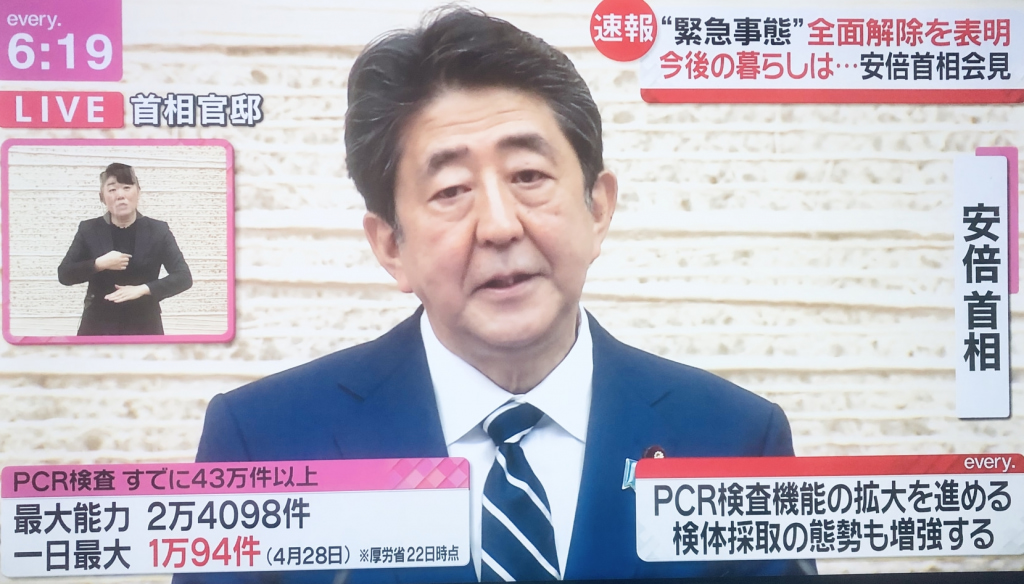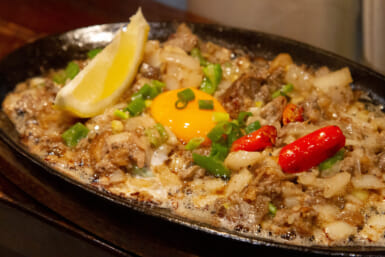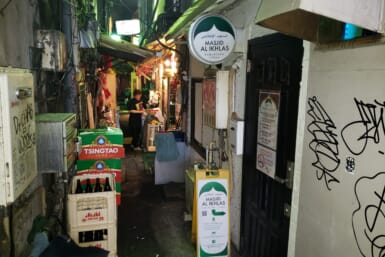Tokyo’s first curve is flattened.
After peaking with a daily high of 201 confirmed Covid-19 infections on April 17, Tokyo tallied 15 confirmed cases on Sunday, May 24 – the first time in seven days Tokyo recorded more than 10 confirmed daily cases.
The government’s threshold to lift Tokyo’s ongoing state of emergency – implemented on April 7 to help prevent the spread of the novel coronavirus – was 70 total cases in seven days. Tokyo’s seven-day total is 50.
With the proper threshold met, on Monday, May 25, Prime Minister Shinzo Abe lifted the state of emergency declaration for Tokyo. It was also lifted for Tokyo’s neighboring prefectures – Kanagawa, Saitama and Chiba – and Hokkaido. With Japan’s 42 other prefectures already cleared, Japan is officially open for business.
PM Abe announces the end of the state of emergency. Thanks the people of Japan for their commitment and endurance. Interesting reference to the ‘Japan model’. #coronavirus #Japan 🇯🇵 pic.twitter.com/y07p6LmrMt
— Melanie Brock (@melaniebrockjpn) May 25, 2020
A Second Wave Coming
It remains to be seen how prepared lawmakers will be for a second wave of Covid-19 infections, which Tokyo Metropolitan Government (TMG) officials say is expected.
“There could be a second or third wave of infections so I need to ask the citizens of Tokyo for their continued cooperation,” said Tokyo Governor Yuriko Koike, according to NHK World.
Koike set out an extensive plan for strengthening Tokyo’s medical system, increasing the ability for testing and making more beds available in hospitals. She also presented a roadmap to resume economic and social activities through a three-step process that goes into effect immediately.
Cultural Attractions Open First
In step one of Koike’s roadmap, Tokyo residents are requested to reduce contact activities by 50%. Cultural facilities such as museums, art galleries and libraries will be allowed to reopen with the assumption entry restrictions will be put in place. Events can be held for up to 50 people.
Indoor exercise facilities such as gymnasiums, swimming areas, bowling alleys, etc. and outdoor exercise facilities such as baseball fields, tennis fields, athletic fields, etc. will be allowed to reopen as long as spectator seats are not used. These facilities will be able to completely reopen in step two.
Schools will also be able to resume classes immediately, with several Tokyo schools welcoming students back on Monday. Schools will be asked to adjust the number of days students attend per week, combining the schedule with home learning.
Universities will be allowed to reopen with distributed attendance, and will fully reopen in step two.
Have you received the application form already? This guide has all you need to fill it in and claim your ¥100,000 now. 👇 https://t.co/tiRWxQL50F
— Tokyo Weekender (@Tokyo_Weekender) May 25, 2020
Time for Entertainment
In step two, cultural and entertainment facilities with no history of clusters and where it is difficult for dense areas to overlap will be allowed to reopen. For example, theaters and meeting venues will be allowed to reopen assuming entry restrictions and seat spacing will be in place. Restaurants (including izakaya) will be allowed to stay open from 5am to 10pm. Events of up to 100 people will be allowed.
Commercial facilities and stores that provide services other than daily necessities will be allowed to reopen.
Midnight Curfew
In step three of Tokyo’s reopening roadmap, residents will still be asked to refrain from traveling to other prefectures. All facilities, barring those with a history of clusters, will be allowed to reopen with the assumption of entry restrictions in place. Restaurants and bars will be allowed to stay open until 12am.
Recreational facilities such as internet cafés, manga cafés, Katsuma voting ticket sales offices, strip clubs, peep theaters, private room video stores, etc. will be allowed to reopen, as will pachinko parlors, arcades, mahjong stores and amusement parks.
Not included in any of the steps is a plan to reopen sports clubs, live houses, karaoke venues, restaurants with entertainment or baths with private rooms.
NPB can play ball from June 19, but minus the fans | The Japan Times https://t.co/IaiF3GXXlz
— Jesse Johnson (@jljzen) May 25, 2020
The Crisis is Not Over
Koike continues to urge Tokyo residents to maintain social distance standards (2 meters) and to stay home, and stay in Tokyo, unless necessary. TMG will continuously monitor the infection status. If the weekly average is maintained at less than 10 confirmed cases per day, then self-restraint requests will gradually be lifted.
If new cases increase to 20 per day over the course of one week, a Tokyo Alert will be activated to warn citizens. If new cases increase to a daily average of 50, and 50% of those cases have an unknown source, then the state of emergency measures could be reenacted.
Most importantly, Koike says Tokyo citizens need to implement new measures into their daily lives and workplaces in anticipation of the long battle against Covid-19 that is expected ahead.
Feature photo: wallwee / Shutterstock.com









